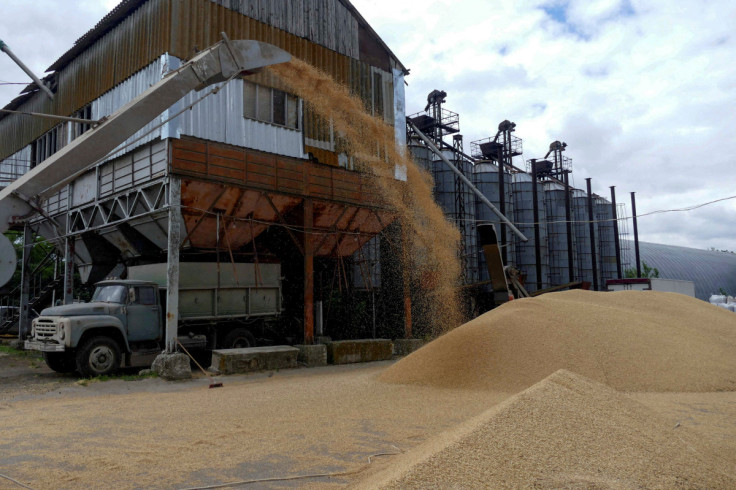UN Trying To Get Russian Ammonia To World Through Ukraine

The United Nations is trying to broker a resumption of Russian ammonia exports through Ukraine, a Western diplomat said on Tuesday, a move that could stabilize a landmark deal allowing Ukrainian food and fertilizer shipments from Black Sea ports.
Ammonia is a key ingredient in nitrate fertilizer. A pipeline transporting ammonia from Russia's Volga region to Ukraine's Black Sea port of Odesa was shut down when Russia invaded Ukraine on Feb. 24.
Facilitating Russia's food and fertilizer exports is a central aspect of a package deal brokered by the United Nations and Turkey on July 22 that also restarted Ukraine's Black Sea grain and fertilizer shipments. Russia has recently criticized the deal, complaining that its exports were still hindered.
The United Nations has proposed that ammonia gas owned by Russian fertilizer producer Uralchem be brought via pipeline to the Russia-Ukraine border. There it would be purchased by U.S.-headquartered commodities trader Trammo, according to the proposal.
Trammo and Uralchem did not immediately respond to a request for comment.
The pipeline is designed to pump up to 2.5 million tonnes of ammonia per year.
"The U.N. is pursuing all efforts to allow for a positive outcome on Russian ammonia exports to international markets," said senior U.N. trade official Rebeca Grynspan, who leads the facilitation of Russian food and fertilizer exports.
She declined to comment on the specifics of the deal and said it was "too early to say" how close an agreement was. Grynspan said food and fertilizer was being exported from Russian ports.
Ukraine and Russia are both major global grain and fertilizer exporters. The United Nations said the agreement on Russian and Ukrainian exports is needed to tackle a global food crisis that it said had been worsened by Russia's war in Ukraine, pushing some 47 million people into "acute hunger".
Russian President Vladimir Putin criticized the July deal last week, saying Ukraine was exporting food and fertilizer to the European Union and Turkey rather than to poor countries. The pact allowing Ukraine's exports is up for renewal in November.
An ammonia deal would give Russia more of a reason to stick to the Ukrainian Black Sea export deal. Russia and Ukraine declined immediate comment on the discussions.
"By having a key Russian company export through the same Black Sea corridors that the Ukrainian grain is going through stabilizes the arrangement and could lead to a longer term extension of the agreement," the Western diplomat told Reuters.
The United Nations has said that 30% of the grain and other foodstuffs that had so far left Ukraine under the July pact so far had gone to low- and lower-middle income countries.
© Copyright Thomson Reuters 2024. All rights reserved.




















